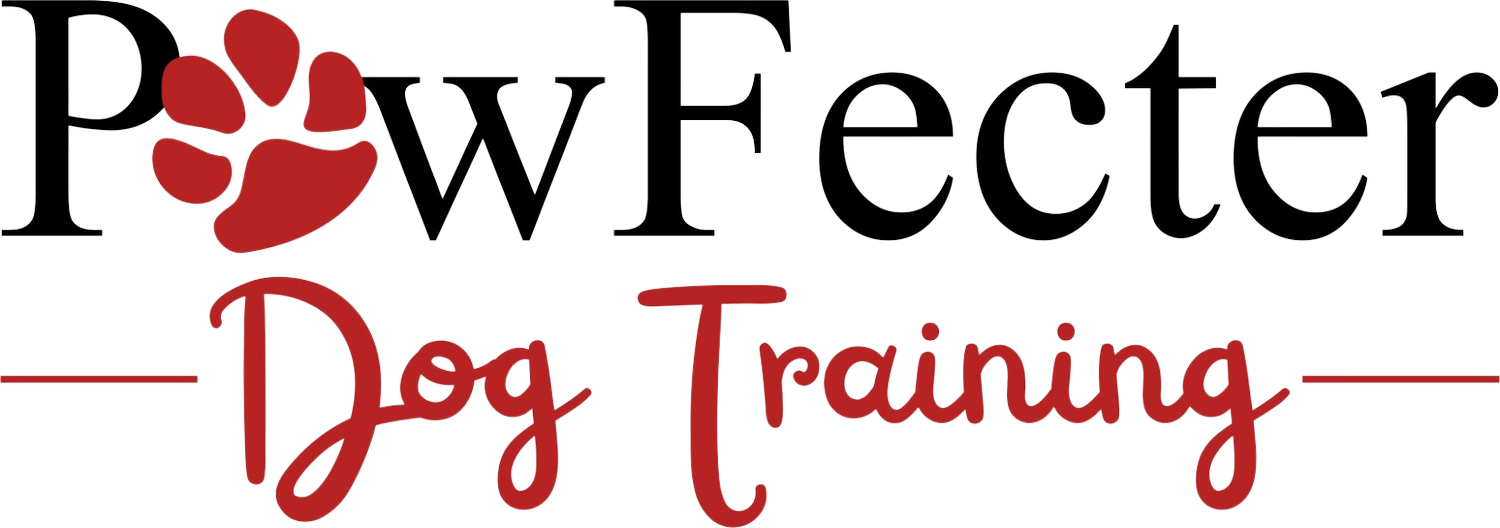Tooth-tally Vital: The Essential Role of Canine Dental Health
For many dog owners, the prospect of caring for their pet's teeth can seem like an unpleasant chore. However, maintaining proper dental hygiene is absolutely essential for a dog's overall health and wellbeing. From preventing painful conditions to safeguarding vital organs, a dog's teeth play a critical role that should not be overlooked.
The Prevalence of Dental Disease in Dogs
Dental disease is one of the most common health problems affecting dogs, with a staggering 80% of dogs showing signs of it by the age of just three years old. This alarmingly high rate is due in large part to the natural tendency of plaque and tartar to build up on a dog's teeth over time.
As plaque hardens into tartar, it can make its way below the gumline, leading to painful inflammation, infection, and even tooth loss if left unchecked. A set of pearly whites doesn't necessarily mean a dog's mouth is healthy, as the real problem lies in the hidden tartar buildup.
The Consequences of Dental Disease
The consequences of untreated dental disease in dogs can be severe, ranging from discomfort and difficulty eating to potentially life-threatening complications. Tooth loss can make it challenging for the dog to eat properly, while chronic bad breath is a telltale sign of underlying dental problems.
Oral pain is another major concern, as dental disease can be quite painful for dogs. But the most serious risk is the potential for bacteria in the plaque to enter the bloodstream and spread to vital organs like the heart, kidneys, and liver. This can lead to organ damage and make dogs quite sick.
Preventive Measures and Treatment
Fortunately, there are several steps dog owners can take to prevent and address dental disease. Brushing a dog's teeth a few times a week, providing dental chews and toys, and scheduling regular professional cleanings are all essential for maintaining good oral health.
For dogs with more advanced dental disease, veterinary intervention may be necessary. This could involve scaling and polishing the teeth, extracting damaged teeth, or even more complex procedures. Catching problems early is key to effective treatment.
The Importance of Proactive Dental Care
Ultimately, the importance of proactive dental care for dogs cannot be overstated. By taking a few simple steps to maintain their pet's oral health, owners can not only prevent painful and costly problems, but also safeguard their dog's overall wellbeing.
Good dog dental care can prevent dental disease from becoming severe and causing problems throughout the body, including protecting vital organs from harmful bacterial infections and ensuring the dog can eat comfortably.
Moreover, establishing a routine of dental care from a young age can help dogs become accustomed to the process, making it easier to maintain their oral hygiene as they grow older. With patience, persistence, and the right tools, dog owners can ensure their beloved companions enjoy optimal dental health and all the benefits that come with it.
In the end, caring for a dog's teeth is not just about fresh breath and a sparkling smile. It's about safeguarding their overall wellbeing and quality of life. By making dental health a priority, dog owners can help their furry friends live longer, healthier, and more comfortable lives.

